Body and mind: why more youth athletes now focus on mental health in sports
Posted September 4, 2024 10:10 am.
Last Updated September 4, 2024 12:12 pm.
Any athlete who’s stood on the top step of a podium or had their name engraved on a trophy got there by spending hours taking care of their bodies in ways non-athletes can’t begin to comprehend.
It’s the days and nights spent in a weight room or gymnasium, on the ice, on the court, or in the ring – training, practising, working out. It’s the carefully crafted diets and sleep regimens.
The cheat days are few and far between.
But those same decorated athletes know it takes more than that to be the best.
“Champions aren’t made in gyms,” Muhammad Ali famously said. “Champions are made from something they have deep inside them – a desire, a dream, a vision.”
It’s the perfect representation of the necessary balance between the physical and the psychological – the confidence, dedication and mental toughness to achieve greatness, and to bounce back from setbacks.
It’s something high-performance athletes are incorporating more and more in their routines. Many young athletes and their trainers are doing the same.
Taekwondo performance athlete Xander Bedona-Padua, 15, tells CityNews being prepared psychologically is just as important as being prepared physically.
“I started to change my idea of winning or losing. Instead of losing, you’re learning from that match or learning from that competition,” said Bedona-Padua, who has been competing in taekwondo since he was three years old.
“Even if I win or lose, if I didn’t put everything I have into every match that I do now, I don’t think I would be as good of a fighter as I am today.”
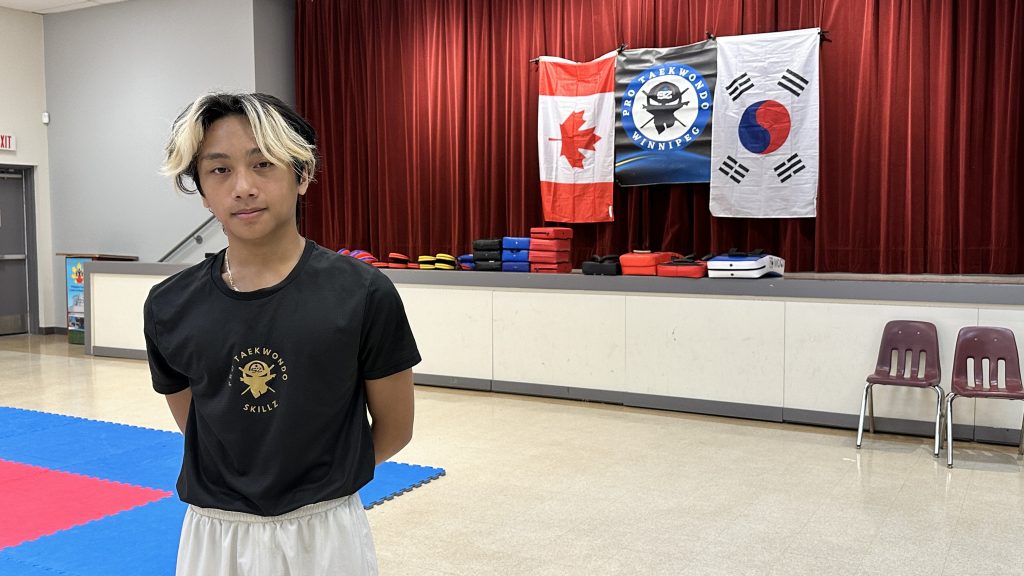
Bedona-Padua says good performances are linked to “having a sharp mind.”
“Being always on edge but at the same time, you always have to feel relaxed enough because too much stress is not good for the body and not good for the mind.
“You can compete in as many tournaments as you want, but it’s what you decide is a good fight that determines if you’re a good fighter.”
The Manitoba teenager says he realizes the importance of having a strong support system – for Bedona-Padua, that’s his parents, brothers and coach – and healthy coping mechanisms as he competes in elite-level competitions.
“I think everyone who’s been along the road for my journey in taekwondo and as an athlete has supported me emotionally quite well,” said Bedona-Padua, whose goal is to make Canada’s next Olympic team.
“All it takes is a hesitation within your emotions and you could lose the match potentially or get injured because you weren’t paying attention.”
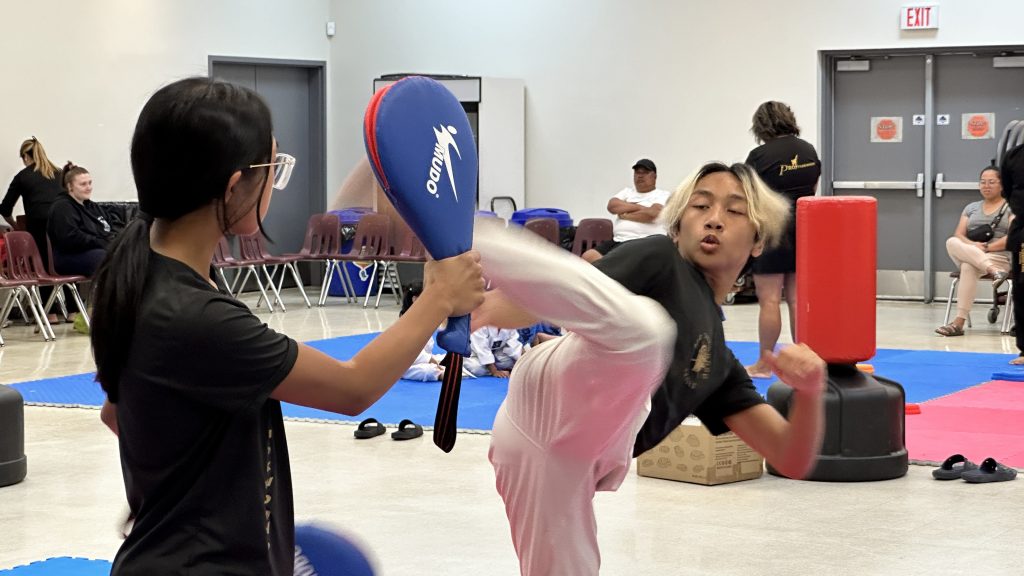
Bouncing back from defeat
Clinical psychologist Jay Greenfeld agrees that state of mind plays a much bigger role in sports than we tend to acknowledge. That connection between the body and brain is something he’s been promoting for more than a decade, with the sports world only recently getting up to speed, he says.
“If you come into a sport that you love tense, angry, frustrated, depressed, anxious, you’re losing before you even get there,” Greenfeld said.
“You can have all the talent in the world but if your character isn’t mentally focused, it can create major struggles.”
Those struggles can lead to a cycle of performance anxiety, burnout, and not being able to overcome big losses – which often provide the biggest lessons and points of growth in sport.
But you have to be ready to grow from them, Greenfeld says.
That’s where Olympian Josipa Kafadar is at right now. The 23-year-old – who Bedona-Padua cited as an inspiration for her ability to harmoniously combine the psychological with the physical – lost in the round of 16 in the women’s 49-kilogram weight class at the Paris Olympics.
“I didn’t get the results I wanted to, but I showed myself and everyone else that I belonged there. I performed very well,” said Kafadar, who spoke to Bedona-Padua and other Canadian taekwondo athletes prior to leaving for France.
“Hopefully the next Games is where I’ll actually achieve my medal goal.”
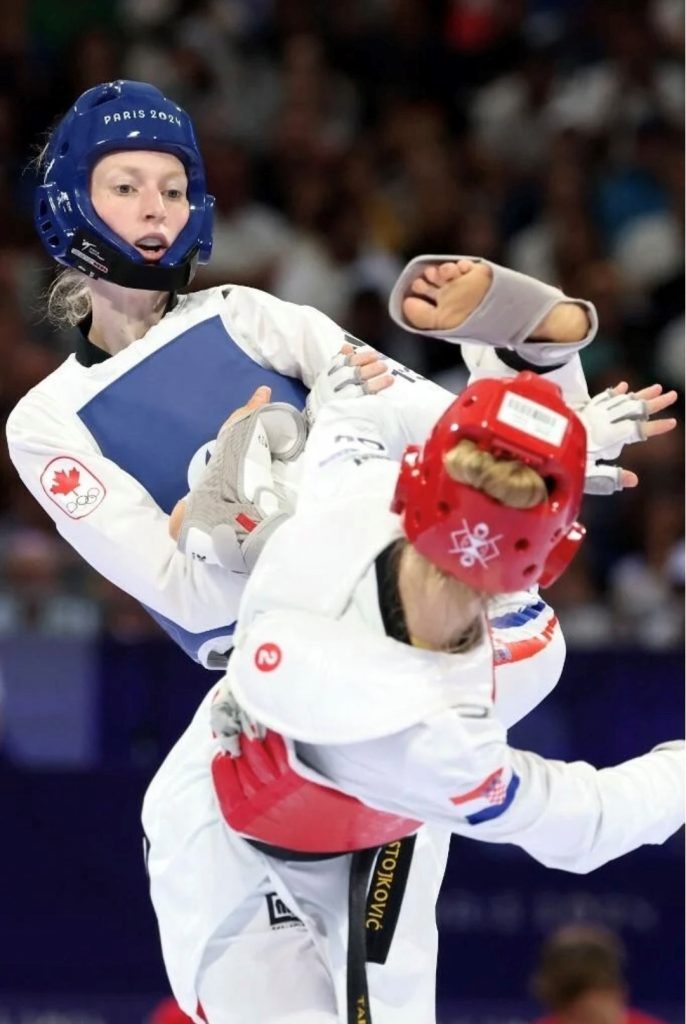
After Paris, Kafadar spoke to her sports psychologist and performance specialist, whom she’s been working with in the recent years of her professional career.
“That really helped me with strategies of, how should I feel, how should I reflect on this,” she said. “Over the years I’ve found a way for myself to just not really put too much importance on how I do on my results unless I performed my absolute best.
“I really like to just talk to someone about it, have that as a conversation because they can have really important input that you hadn’t really considered.”
Greenfeld says there’s an erroneous perception that athletes may be “losing their edge” if they aren’t hard on themselves after a loss.
“They’re not losing their edge,” the clinical psychologist said. “They’re dealing with it properly. Because what they’re doing is, they’re not letting the past competition influence the present and the future. They’re processing it, they’re accepting the loss, they’re dealing with the loss, they’re understanding what they did or didn’t do, and then they’re moving forward re-charged.
“So many athletes, especially younger ones, need to know that skillset. They really need to have that skillset mastered because they are going to be dealing with losses throughout life in different ways. The ability to bounce back is just as important.”
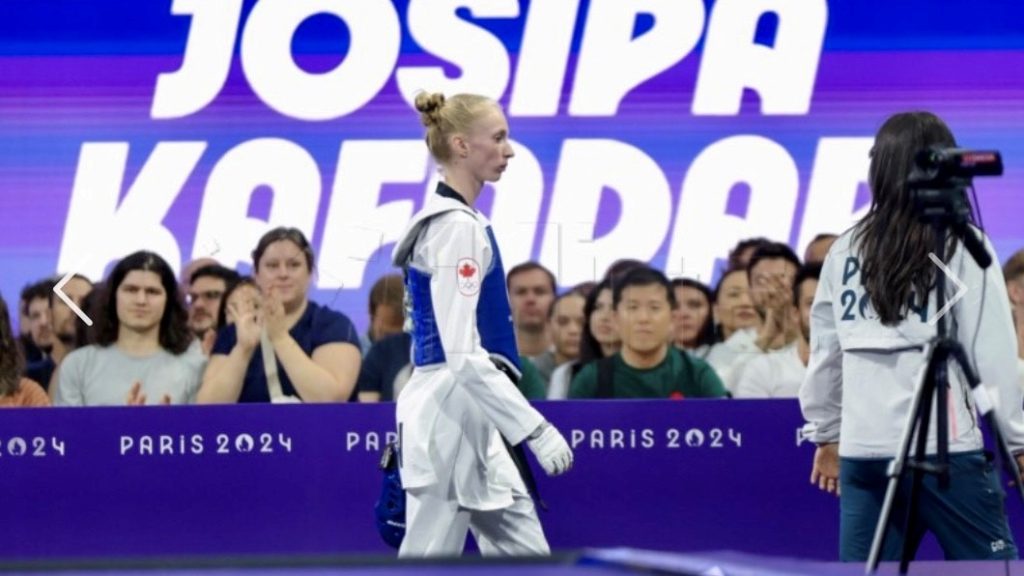
Kafadar, from Burnaby, B.C., says young athletes – especially those on a national team – should explore working with a sports psychologist beginning at the age of 12.
“People have really started to realize that sports psychology, especially with younger athletes, is really important,” said Kafadar, who began competing at the age of five.
Group psychology sessions for youth
Greenfeld says practising healthy coping skills and ways to process is essential, notably among young athletes competing for high stakes in front of an audience.
That’s why the psychologist is starting group sessions designed specifically for young athletes – with parents and coaches welcome too.
“If they can learn these skills now, they’ll use them not just in their sports but when their sports are done, they’ll use it in life. And if they can teach themselves, following some of the strategies and techniques we do throughout the (group sessions), it will make things easier for them as they’re growing up.
“Like any important skillset, the earlier we can teach that skillset, the better off children, adolescents and adults will be because they will have this memorized. If they practise it regularly, things will be easier for them.
“If we can empower them with this skillset, their abilities are going to be that much greater.”
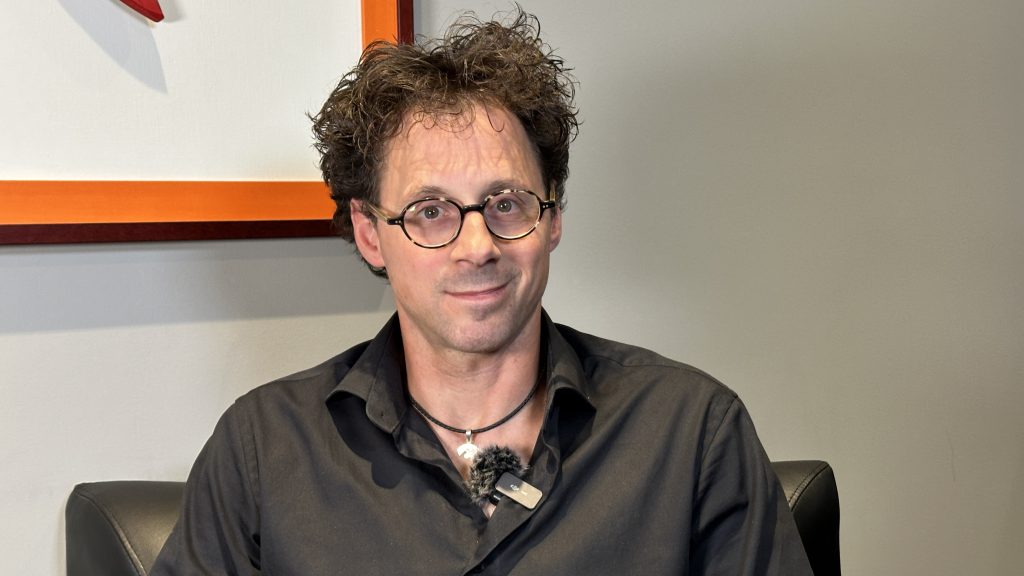
A big part of it, according to Greenfeld, is also keeping an aspect of fun in youth sports.
“We want them to enjoy it, so to be able to do that and to provide that opportunity and to be able to help these kids learn the proper skillset to then approach their sports in the most focused way, in the most healthy, stable and consistent way, you’re gonna get a more consistent athlete and that’s the kind of athlete that we want,” he said.
“We want to see these students be competitive. We want to see these students reach their max. But we also want them to enjoy it.
“If they struggle with setbacks and they struggle with focus and they struggle with reaching that peak performance, they get really frustrated and then they’re no longer having fun.”
Leaving ‘all they’ve known’ behind
But sports psychology isn’t just for young athletes trying to find their footing in a competitive world, or peak performers who may have suffered a shock defeat, says Greenfeld. It’s also for athletes who’ve walked away from the sport they love – whether that’s through willing retirement or forced off by an injury.
Kafadar, for instance, says she’s planning on seeing her sports psychologist and performance specialist even after she retires, as there are a lot of emotions that come with calling it quits.
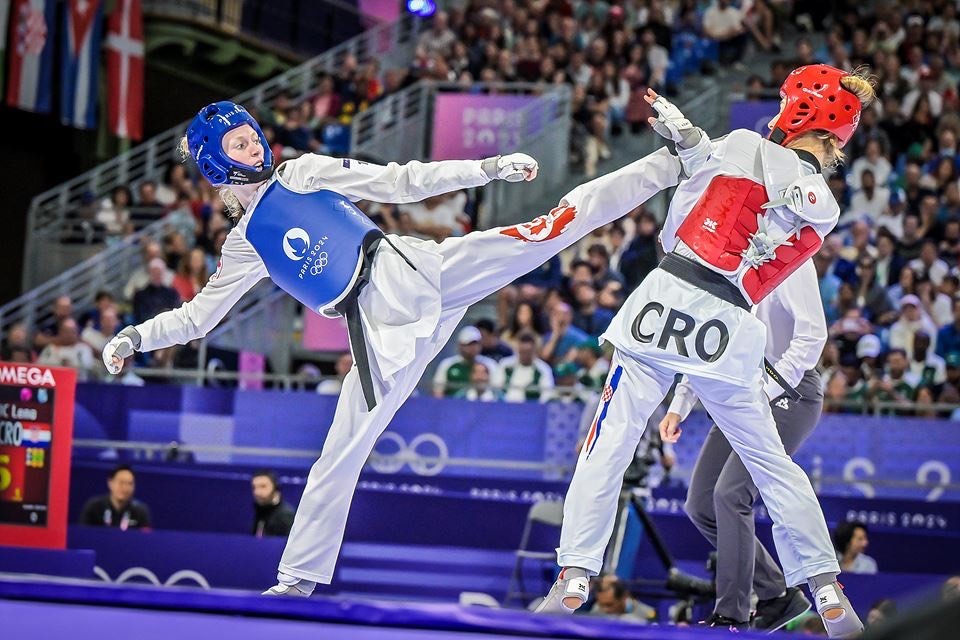
Greenfeld agrees that’s the right approach.
“It can become similar to an existential crisis at that stage because that’s all they’ve known,” he said. “That’s all they’ve been doing since they were five or six years old. That’s all they know. That is their identity.
“Whenever that time comes, but especially when that time comes due to injury, they need to have that skillset to cope properly. There have been a number of high school students that I’ve seen coping with sports-related injuries who don’t really know how to define themselves after that.
“If they don’t prepare for that type of retirement or end, it can be detrimental to their own mental health.”








